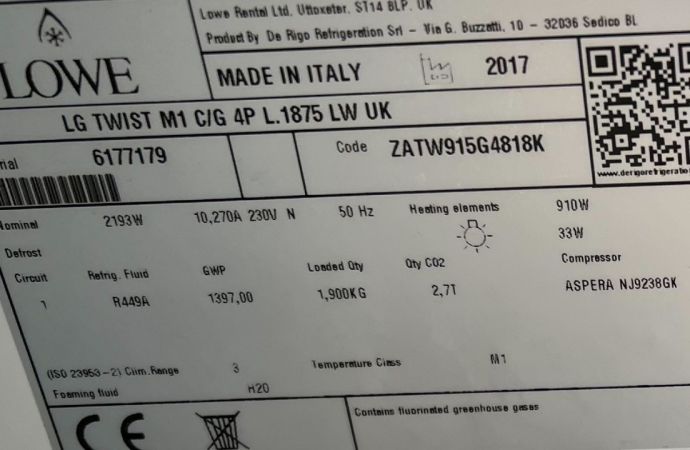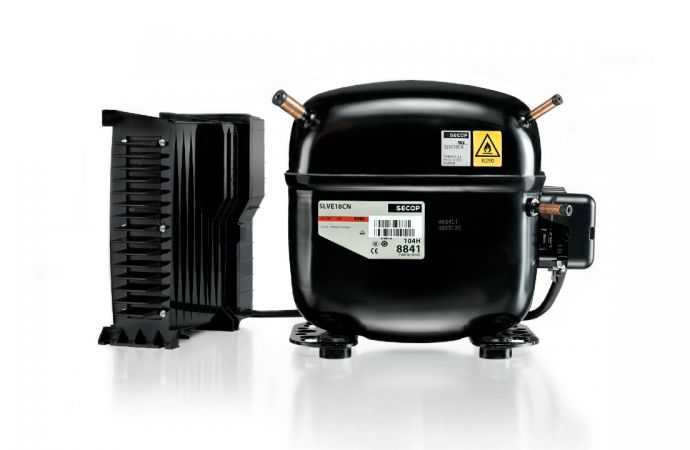The detector is based on Molecular Property Spectrometer (MPS) technology, backed by the U.S. government.

NevadaNano's Molecular Property Spectrometer (MPS) technology
NevadaNano, a Reno, Nevada (U.S.)-based sensor manufacturer, has introduced a propane (R290) leak detection sensor for residential and commercial applications, including air conditioning, vending machines, commercial refrigeration, and clothes dryers.
The detector is based on Molecular Property Spectrometer (MPS) technology, which was developed at the University of Nevada, Reno, and supported by DARPA (Defense Advanced Research Projects Agency) the U.S. Department of Defense (DOD), and the U.S. Department of Homeland Security.
“R290, a high-performance natural refrigerant with very low GWP, is an alternative that is quickly gaining widespread acceptance and use in Asia, Europe and the United States,” said Bob Christensen, Senior Director of Business Development, NevadaNano, in a statement.
Even small leaks need detection “since the reduction in the quantity of refrigerant causes the unit to work harder, consuming excessive electrical power, driving up costs and subsequent impact on the environment,” the company said.
In 2019, the International Electrotechnical Commission (IEC) updated its R290 charge limit for commercial cases from 150g to 500g, based on an analysis of safety factors and protocols for flammable refrigerants.
The MPS Propane Sensor accurately reports 0-100% LEL (lower explosive limit, the lowest concentration of a gas that will burn in air) and requires no field maintenance over its expected lifetime of 10 to 15 years, said NevadaNano.
The MPS sensors feature integrated, real-time measurements and built-in environmental compensation for temperature, pressure, and humidity, the company added.
Last November, NevadoNano announced new gas sensors that can detect A3 (flammable) refrigerants, including R290 and isobutane (R600a), as well as A2L (mildly flammable) and A1 (nonflammable) refrigerants, in one unit.
Last October, NevadoNano announced that it is partnering with Accelerate Japan (AccelerateJapan.com) to raise awareness in the Japanese market about its gas sensors.
Accelerate Japan is a sister outlet to this website; both are published by shecco
The reduction in the quantity of refrigerant causes the unit to work harder, consuming excessive electrical power.”
– NevadoNano
Related stories



